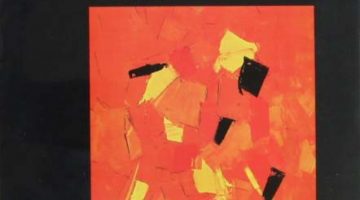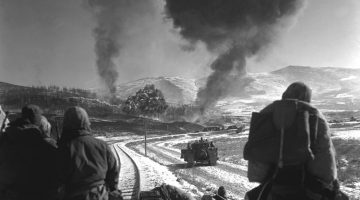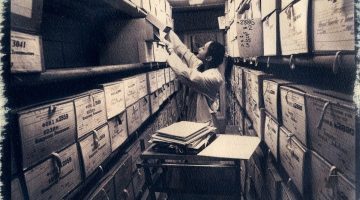The 1980 Moscow Olympics and my Family
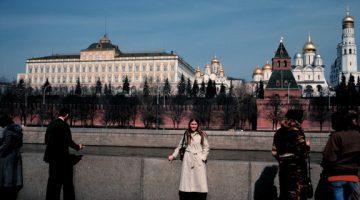
My mother, Rae Straw, and her friend Pam had an odd assignment in 1979 for two travel agents from Houston: selling the Soviet Union to American tourists. For travel agents, such familiarization or “FAM” trips were a regular occurrence, but going to the Soviet Union during the preparations for the 1980 Moscow Olympics was a unique experience.
The Latest from Longhorn PhDs
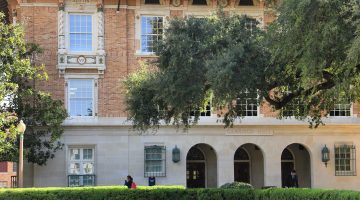
In November we wrote to everyone who received a PhD in History at UT Austin since 2000 to find out what they were doing. We are curious about our former students’ careers and adventures and we want to celebrate their achievements in whatever line of work they pursued. And we still do! We hope everyone […]
Domesticating Ethnic Foods and Becoming American
Kalashnikov’s Lawn Mower: The Man behind the Most Feared Gun in the World
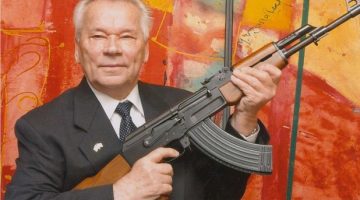
In his latter years Kalashnikov still very much liked to tinker, and to reflect on his most popular invention. Though he denied any responsibility for what he described as the misuse of his weapon, he did come to express some regret for what it had become: a symbol and weapon of choice for terrorists and revolutionary groups the world over. “I would prefer to have invented a machine that people could use and that would help farmers with their work - for example a lawnmower.”
Henry Wallace’s 1948 Presidential Campaign and the Future of Postwar Liberalism by Thomas W. Devine (2013)
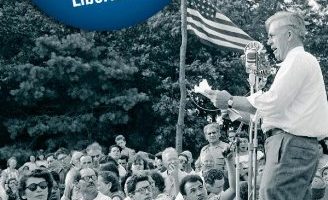
Henry Wallace, according to Oliver Stone’s Showtime series, Untold History of the United States, was a true American hero, a lover of peace, and a gentle soul whose leadership could have saved the world from the Cold War. While no one has ever accused Stone of historical accuracy, his past work did not lay claim to documentary status. So how well does Stone’s interpretation comport with the historical record?
I am Cuba, for Sale (1964)
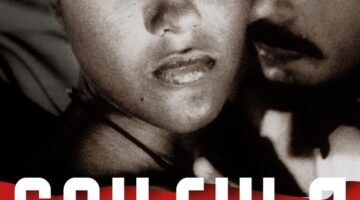
An extravagant party on the rooftop of a Havana hotel. It’s the late 1950s; hedonistic tourism is booming in the City. A band plays loud. Drinks. Laughter. Our line of vision moves from the hotel’s rooftop to a crowd of tourists below, where we see a woman and follow her into the pool. Underwater....Hailed today a classic for its inventive cinematography, "I am Cuba" was virtually forgotten for three decades.
Divided Together: The United States and the Soviet Union in the United Nations, 1945-1965, by Ilya Gaiduk (2013)
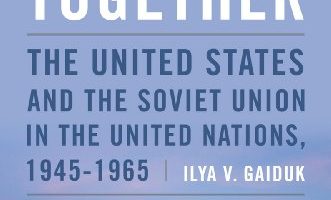
Renowned Russian historian Ilya Gaiduk, Senior Research Fellow at the Institute of World History of the Russian Academy of Sciences and author of two monographs on the Soviet role in the Indochina conflict, did not live to see the completion and publication of Divided Together. But he undoubtedly would have been pleased with the result.
